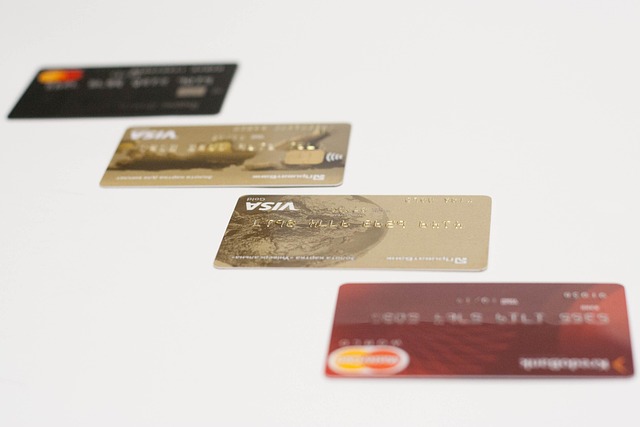Credit Cards: Understanding Your Options and Building Credit
Credit cards have become an essential financial tool in modern society, offering convenience, security, and potential rewards. However, navigating the world of credit cards can be challenging, especially for those with bad credit or limited financial experience. This article will explore the fundamentals of credit cards, their impact on credit scores, and how to use them responsibly to improve your financial health.

Credit cards operate on a revolving credit system, meaning you can continue to borrow and repay as long as you stay within your credit limit and make at least the minimum required payments. However, it’s important to note that carrying a balance from month to month will result in interest charges, which can accumulate quickly if not managed properly.
How do credit cards affect your credit score?
Your credit score is a numerical representation of your creditworthiness, and credit cards play a significant role in determining this score. Several factors related to credit card usage impact your credit score:
-
Payment history: Making on-time payments is crucial for maintaining a good credit score.
-
Credit utilization: This refers to the percentage of your available credit that you’re using. Keeping your utilization below 30% is generally recommended.
-
Length of credit history: The longer you’ve had credit accounts, the better it is for your score.
-
Credit mix: Having different types of credit accounts, including credit cards, can positively impact your score.
-
New credit inquiries: Applying for multiple credit cards in a short period can temporarily lower your score.
By using credit cards responsibly and maintaining a positive payment history, you can significantly improve your credit score over time.
What options are available for those with bad credit?
If you have a low credit score or limited credit history, you may find it challenging to qualify for traditional credit cards. However, there are still options available:
-
Secured credit cards: These cards require a cash deposit that serves as collateral and typically becomes your credit limit.
-
Store credit cards: Retail stores often have less stringent credit requirements for their branded cards.
-
Student credit cards: Designed for college students, these cards often have more lenient approval criteria.
-
Authorized user status: Being added as an authorized user on someone else’s credit card can help you build credit.
-
Credit-builder loans: While not credit cards, these loans are designed to help people establish or improve their credit.
| Credit Card Type | Features | Typical Credit Score Requirement |
|---|---|---|
| Secured Credit Card | Requires deposit, reports to credit bureaus | 300-629 |
| Store Credit Card | Limited use, often higher interest rates | 580-669 |
| Student Credit Card | Lower credit limits, educational resources | No credit history - 669 |
| Traditional Credit Card | Rewards, higher limits, lower interest rates | 670+ |
Prices, rates, or cost estimates mentioned in this article are based on the latest available information but may change over time. Independent research is advised before making financial decisions.
How can you use credit cards to improve your financial situation?
When used responsibly, credit cards can be powerful tools for improving your financial health:
-
Building credit: Consistent, on-time payments can help establish a positive credit history.
-
Earning rewards: Many cards offer cash back, points, or miles on purchases.
-
Purchase protection: Credit cards often provide extended warranties and fraud protection.
-
Budgeting tools: Many card issuers offer spending tracking and categorization features.
-
Emergency fund alternative: While not ideal, credit cards can provide a financial cushion in emergencies.
However, it’s crucial to use credit cards wisely to avoid falling into debt. Always pay your balance in full each month, if possible, to avoid interest charges.
What are some common credit card mistakes to avoid?
While credit cards can be beneficial, they can also lead to financial troubles if misused. Here are some common pitfalls to avoid:
-
Maxing out your cards: High credit utilization can negatively impact your credit score.
-
Making only minimum payments: This leads to accumulating interest and prolonged debt.
-
Missing payments: Late payments can severely damage your credit score.
-
Applying for too many cards: Multiple credit inquiries in a short time can lower your score.
-
Ignoring the fine print: Be aware of fees, interest rates, and terms associated with your card.
-
Using cash advances: These often come with high fees and interest rates.
By avoiding these mistakes and using credit cards responsibly, you can harness their benefits while minimizing potential drawbacks.
Credit cards are powerful financial tools that, when used wisely, can help you build credit, earn rewards, and manage your finances more effectively. Whether you’re just starting out or looking to improve your credit, understanding how credit cards work and their impact on your financial health is crucial. By making informed decisions and practicing responsible credit use, you can leverage credit cards to achieve your financial goals and secure a stronger financial future.






